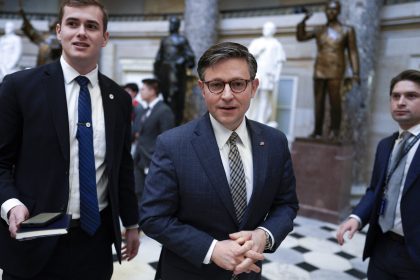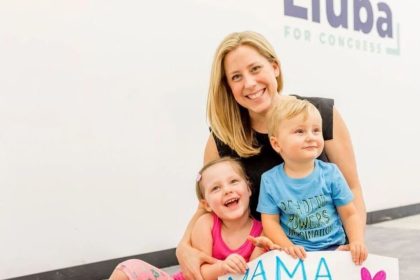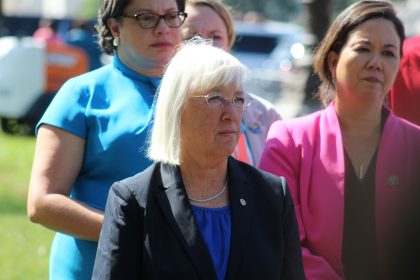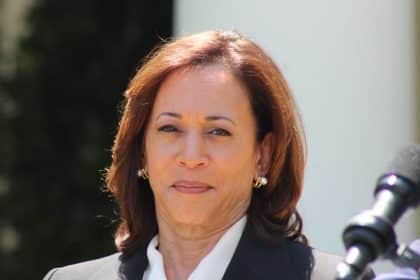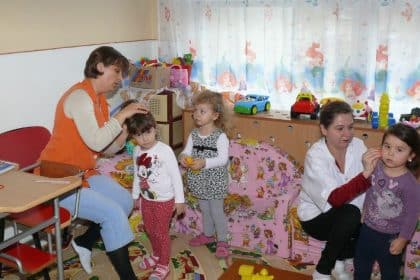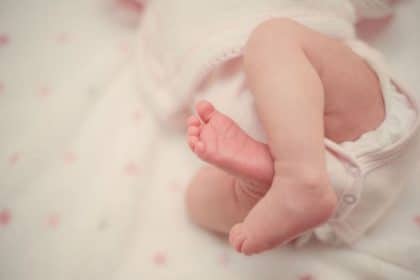In the Wake of Dobbs, Uncertainty Grows for Foster Care System
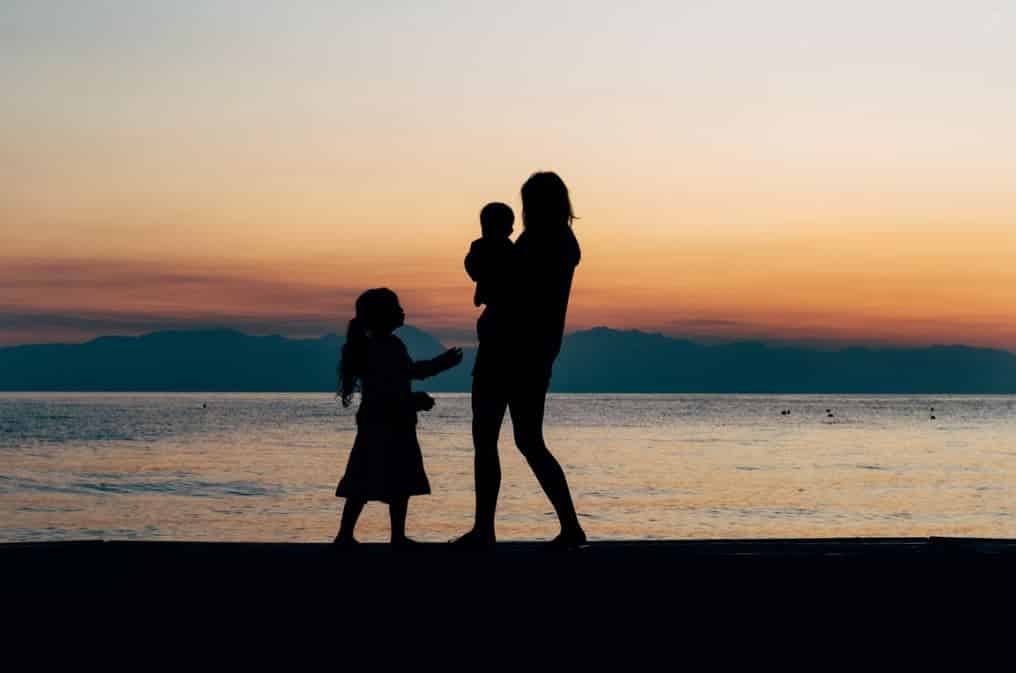
WASHINGTON — Among the questions now being asked in the wake of the U.S. Supreme Court’s ruling in Dobbs v. Jackson Women’s Health Organization, overturning 50 years of abortion rights protections, is what the long-term impact will be on the nation’s adoption and foster care systems.
“The foster care system is completely unequipped to handle the inevitable increase in the number of kids who will be removed from their homes as a result of Dobbs,” said Janna Annest, a family law attorney in Seattle, Washington.
“Child welfare resources are already strained to the breaking point, with children sleeping in hotels or social workers’ offices or even cars due to a lack of foster families,” she said.
“Most women who carry an unwanted pregnancy to term will not make a private adoption plan. They will do their best to parent that child. But the factors that led her to seek an abortion in the first place – lack of stable housing, unreliable income, responsibilities to other children or family members, for example – will not have gone away,” said Annest continued.
“They will compromise her ability to be a safe parent, and increase the chances that the child — and any other children in the home — end up in foster care. It’s horrifying,” she said.
But not everyone contacted by The Well News shared that assessment.
“My sense is the system could handle [an influx of new children] because they’ve had more children in the past,” said Ryan Hanlon, president of the National Council for Adoption.
He went on to suggest that asking how many more children a system can bear might not be the right question to be posing. Far more important is to ask how well the children will do upon entering the nation’s adoption and foster care systems and what policies can be put in place to ensure they thrive.
Casey Turpin, director of the Seattle-based Raikes Foundation, agreed with that assessment, adding there is no serious debate over whether foster care programs can take on more kids.
“There is broad consensus that we need to focus on helping more children and families avoid foster care,” Turpin said. “We certainly have too many young people waiting for adoption, but even more problematic is that our system is not functioning well long before young people get to that point — we are not doing what we can and must do to help children stay with or return to their parents.”
“Having more children in the system will, as it always has, exacerbate that problem, leading to more trauma, more disruption, more languishing, more racial disparities,” Trupin said.
Both Justice Samuel Alito Jr. ‘s opinion for the majority and the dissent written jointly by Justices Stephen Breyer, Sonia Sotomayor and Elena Kagan, reference adoption and foster care in conjunction with discussions of so-called “safe haven” laws.
Currently all 50 states have safe haven laws on the books varying on the age limit, persons who may surrender a child and circumstances required to relinquish an infant child. In most cases, parents can leave newborns in safe locations without having to disclose their identity or answer questions.
Alito mentions these laws fleetingly, but the dissent pauses a moment to consider their meaning.
Though Breyer and his dissenting colleagues agree there has been a “growing prevalence” of such laws in recent years, as well as an apparent growth in the demand for adoption, they write “to the degree that these are changes at all, they … are irrelevant.
“Neither reduces the health risks or financial costs of going through pregnancy and childbirth. Moreover, the choice to give up parental rights after giving birth is altogether different from the choice not to carry a pregnancy to term,” they wrote.
“The reality is that few women denied an abortion will choose adoption,” they continued. “The vast majority will continue, just as in Roe and Casey’s time, to shoulder the costs of childrearing. Whether or not they choose to parent, they will experience the profound loss of autonomy and dignity that coerced pregnancy and birth always impose.”
Deborah Guston, a former director of the Academy of Adoption and Assisted Reproduction Attorneys, agreed with that assessment.
“As an adoption lawyer, I don’t view adoption as the solution to not being able to have an abortion,” she said.
There are currently 407,000 children in the foster care system in the United States, and Guston said she doesn’t know of a single state that isn’t looking for more foster families.
Eden can be reached at e[email protected]

















